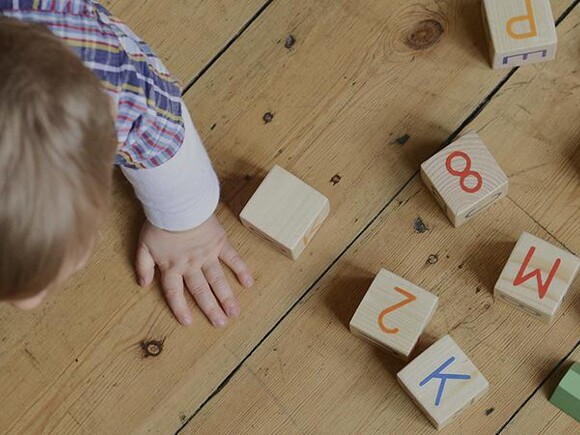
All FAQs
As an overall tip, you should have a balanced diet from all food groups which will provide you the nutrients that you need every day. In planning your meals, a good tip would be to avoid uncooked meat and shellfish, as they contain high amounts of harmful microbes. It’s a good idea to also avoid fish which are high in mercury content, such as shark and marlin. Distinguish between the foods you should have and the food you should avoid here.
Exercise is key to a healthy body, and there’s no reason to stop exercise completely during pregnancy unless advised by your healthcare professional. Moderate exercise will help you fight fatigue and stress. More importantly, it helps you feel good about yourself. Low impact exercises are recommended during pregnancy such as swimming, or stretching at home. You can also go for a walk in the park with your partner every once in a while. Learn more about the benefits of exercise here.
When planning your diet, there are a few key nutrients you need to pay more attention to during pregnancy. Dark, leafy greens such as spinach can contain folate, as well as a host of other nutrients like vitamin A, C and K. On the other hand, bright, colourful fruits and vegetables will ensure that you and your child have a variety of vitamins and minerals. They’ll help support your gastrointestinal system during pregnancy. Throughout your pregnancy, remember to have a balanced diet that includes a variety of foods from all 5 food groups. Discover how the right nutrients can make a difference here.
It’s common to feel stressed at certain points of your pregnancy. After all, you probably have a lot on your mind. Your first big step, is to accept that there are changes you will face in your journey of motherhood. Then, speak to experienced mothers and new mothers alike. You’ll find that you aren’t alone. With a support group, you can discuss any issues you have or get tips for pregnancy. More importantly, make yourself feel good. Splurge on yourself every once in a while. Small breaks will definitely help you reduce your stress levels. Explore the different ways you can manage your stress.
It’s normal to feel fatigued during your pregnancy. What you can do is exercise. Exercise will encourage overall well-being, and give you energy to fight fatigue. Take a short walk in the park, or go for a light swim. If you’re really worn out during the day, take a 15 minute nap to recharge. Reduce pregnancy fatigue with these simple steps.
If your child isn’t eating, the main reason may be because he just isn’t hungry. By understanding your child’s hunger and fullness cues, you can plan your child’s meals. You can also entice your child’s appetite with a variety of colourful food, such as fruits and vegetables. Arrange them in interesting ways, like rice in animal shapes, or make flowers with fruit slices. Another way is to remove distractions. Ensure that your child’s focus isn’t on a tablet, phone or television, but on his food. If your child hasn’t been eating his regular portion for a while, it may be due to a medical condition. Visit a healthcare professional for advice. Try these steps to encourage healthy eating without your child throwing a tantrum, click here.
During your child’s growing years, overly large chunks of food may cause choking. This includes bones from meat and fish. Your child should also avoid eating junk food, which have no nutritional value. A balanced diet of foods from all groups such as cereals, meats and dairy products as well as fruits and vegetables will benefit your child. Don’t forget your child’s iron needs; your child needs iron to support healthy growth and development. Learn more about the food your child should avoid, click here.
Some major signs of iron deficiency don’t appear until iron deficiency anaemia occurs. However, if your child’s iron levels become lower, your child may have symptoms including tiredness, shortness of breath, dizziness, headache, coldness in hands and feet or pale skin. If you suspect your child is developing iron deficiency anaemia, you should consult your healthcare professional.
Your child should have a balance of macronutrients and micronutrients from a variety of foods. Macronutrients are nutrients required in big quantities for our bodies, like carbohydrates, protein and fats. These nutrients are essential to provide energy and support the growth and development of your child. Micronutrients are the vitamins and minerals that we all require in trace quantities to further support the overall growth and development as well as your child’s future physical health. Iron is one such micronutrient, which supports your child’s growing potential. Learn more here.









